
Opole: The Hidden Gem of Silesia
Opole, nestled in the heart of Silesia, is one of Poland's oldest cities, boasting a rich history and vibrant culture. Known for its picturesque old town, Opole offers a charming atmosphere with colorful buildings, cobblestone streets, and the serene Oder River flowing through the city. The city's blend of Gothic, Renaissance, and Baroque architecture makes it a visual delight for history buffs and architecture enthusiasts. The Opole Amphitheatre is a must-visit, especially during the annual National Festival of Polish Song, where music lovers can experience the best of Polish music in an open-air setting. The Piast Tower, one of the oldest structures in the city, offers a panoramic view of Opole's skyline, providing a perfect spot for photography. For those interested in culture, the Opole Village Museum showcases traditional Polish rural life with its collection of wooden houses, churches, and windmills. Additionally, the Opole Zoo is a family-friendly destination, home to a variety of exotic animals and beautifully landscaped gardens. Whether you're exploring the city's numerous museums, enjoying local cuisine in a cozy café, or simply strolling along the river, Opole promises a delightful and memorable experience.
Local tips in Opole
- Visit the Piast Tower early in the morning or late afternoon for the best light and fewer crowds.
- Try traditional Silesian dishes at local restaurants for an authentic culinary experience.
- Use the city's bike-sharing system to explore Opole's scenic routes along the Oder River.
- Check the schedule of the National Festival of Polish Song if visiting in June; it's a cultural highlight.
- Most attractions are within walking distance, so wear comfortable shoes and enjoy the stroll.
Opole: The Hidden Gem of Silesia
Opole, nestled in the heart of Silesia, is one of Poland's oldest cities, boasting a rich history and vibrant culture. Known for its picturesque old town, Opole offers a charming atmosphere with colorful buildings, cobblestone streets, and the serene Oder River flowing through the city. The city's blend of Gothic, Renaissance, and Baroque architecture makes it a visual delight for history buffs and architecture enthusiasts. The Opole Amphitheatre is a must-visit, especially during the annual National Festival of Polish Song, where music lovers can experience the best of Polish music in an open-air setting. The Piast Tower, one of the oldest structures in the city, offers a panoramic view of Opole's skyline, providing a perfect spot for photography. For those interested in culture, the Opole Village Museum showcases traditional Polish rural life with its collection of wooden houses, churches, and windmills. Additionally, the Opole Zoo is a family-friendly destination, home to a variety of exotic animals and beautifully landscaped gardens. Whether you're exploring the city's numerous museums, enjoying local cuisine in a cozy café, or simply strolling along the river, Opole promises a delightful and memorable experience.
When is the best time to go to Opole?
Iconic landmarks you can’t miss
Opole Zoo
Discover the wonders of wildlife at Opole Zoo, where adventure and education come together in a beautiful natural setting.
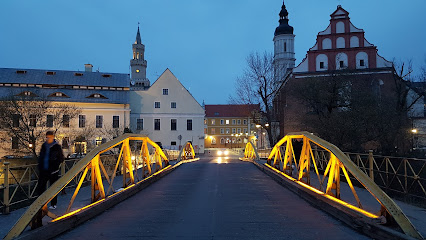
National Centre of Polish Song
Discover the vibrant cultural heart of Opole at the National Centre of Polish Song - a premier venue for live music and rich Polish heritage.
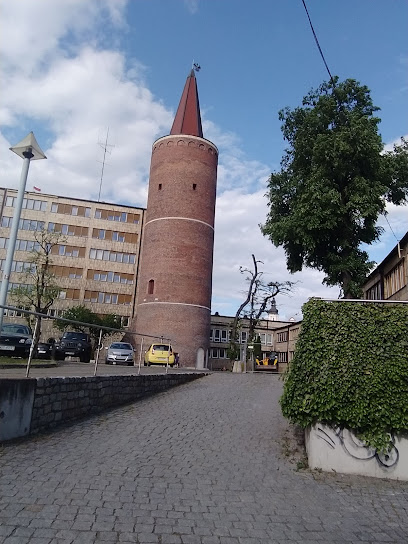
Opole Village Museum
Explore the rich cultural heritage of rural Poland at the captivating Opole Village Museum, where history and tradition come alive.
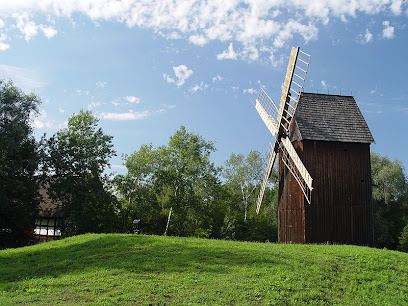
Rynek Główny w Opolu
Discover the vibrant heart of Opole at Rynek Główny, a historic square alive with culture, cuisine, and charming architecture.
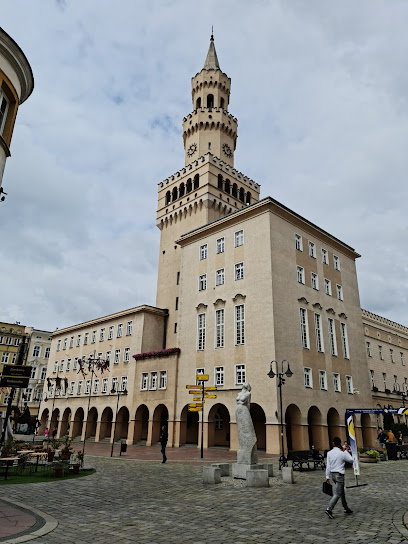
Museum of Polish Songs
Explore the vibrant musical heritage of Poland at the Museum of Polish Songs in Opole, where history and culture harmonize beautifully.
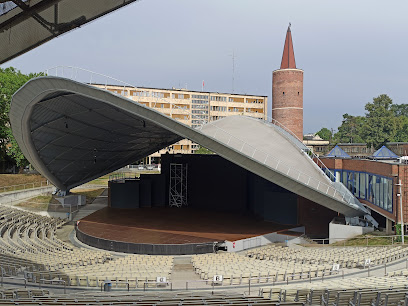
Most Groszowy
Discover the enchanting Most Groszowy Bridge in Opole, a stunning tourist attraction that blends stunning architecture with picturesque views.
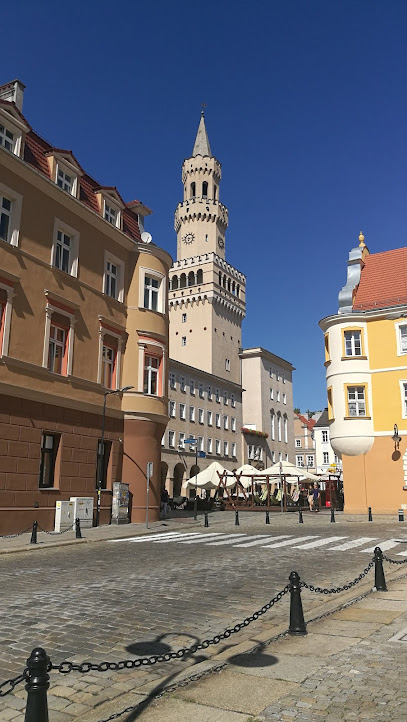
Piast Tower
Explore Piast Tower, Opole's historic gem, and uncover the rich tapestry of Poland's past while enjoying breathtaking views of the city.
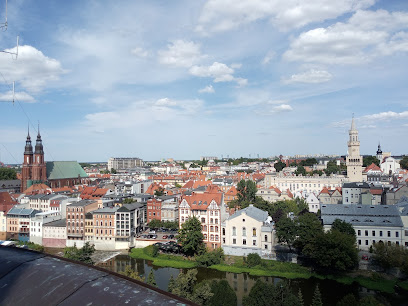
Opole Venice
Experience the charm of Opole Venice, where picturesque canals meet vibrant culture and stunning architecture in the heart of Poland.
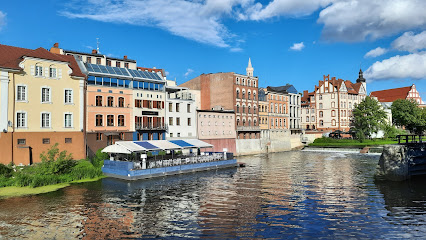
Pyszne Historie
Savor the flavors of Opole at Pyszne Historie, a delightful restaurant known for its breakfast, coffee, and pastries in a cozy setting.
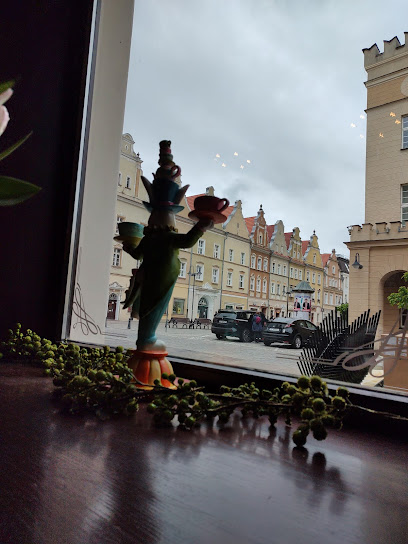
Monument fighters Polishness of the Opole
Explore the Monument to the Fighters for Polishness in Opole, a historical landmark honoring bravery and the rich Polish heritage.
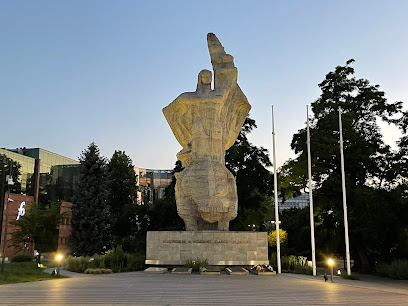
Museum of Opole Silesia
Discover the captivating history of Silesia at the Museum of Opole Silesia, where culture and heritage come alive in engaging exhibitions.
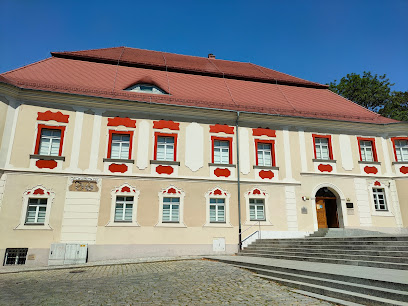
Zamek Górny w Opolu
Explore the rich history and stunning architecture of Zamek Górny, a must-visit historical landmark in Opole, Poland.
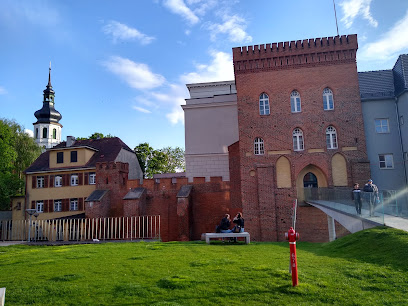
Tenement house
Discover the history and charm of Opole at the Tenement House Museum, a captivating journey into the past with authentic exhibits and rich narratives.
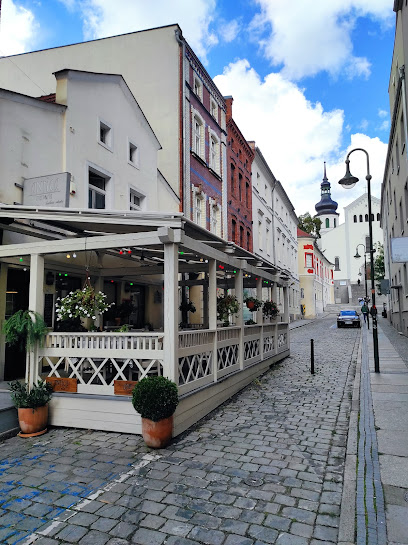
Muzeum Diecezjalne w Opolu
Explore the Muzeum Diecezjalne w Opolu, an art museum showcasing exquisite religious art and cultural heritage in the heart of Poland.
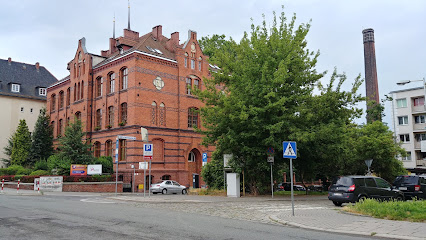
Brońmy Swego Opolskiego
Explore the historical charm of Brońmy Swego Opolskiego in Opole, where rich heritage meets vibrant local culture.
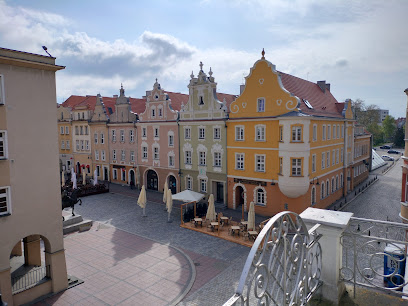
Unmissable attractions to see
Moszna Zamek
Discover the enchanting Moszna Castle, a fairytale gem in Poland, where history, nature, and culinary delights converge for an unforgettable experience.
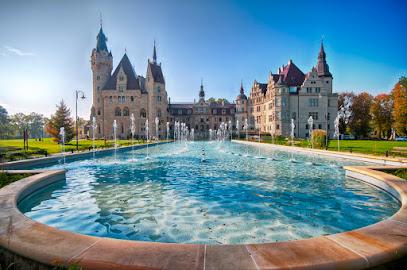
Opole Zoo
Discover the wonders of wildlife at Opole Zoo, a family-friendly destination with diverse animal species and immersive experiences in a lush setting.
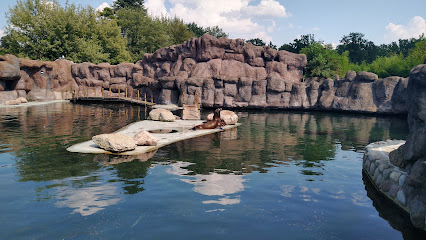
Opole Village Museum
Explore the Opole Village Museum, a captivating open-air museum showcasing Poland's rural heritage through traditional architecture and vibrant cultural experiences.
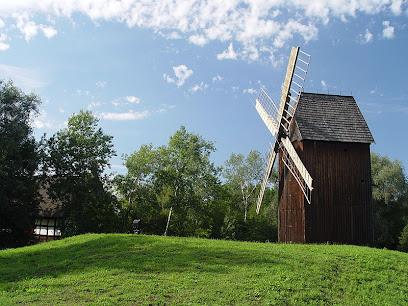
Zespół zabytkowy Rynku Opolskiego
Experience the rich history and vibrant culture of Opole at the stunning Zespół zabytkowy Rynku Opolskiego, a must-see tourist attraction.
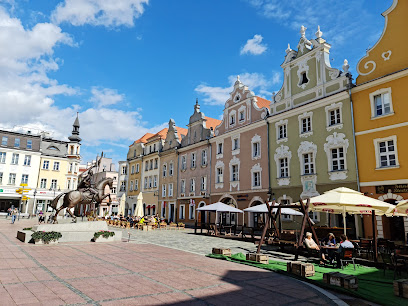
Rynek Główny w Opolu
Explore the vibrant Rynek Główny in Opole, a cultural and historical hub filled with stunning architecture, delightful dining, and unique shopping experiences.
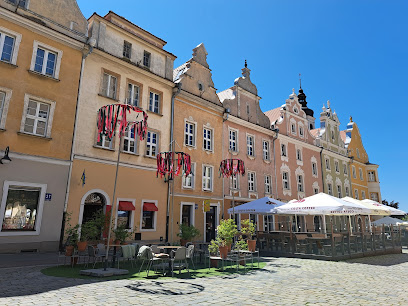
Museum of Polish Songs
Explore Poland's rich musical heritage at the Museum of Polish Songs in Opole, featuring interactive exhibits and captivating musical artifacts.
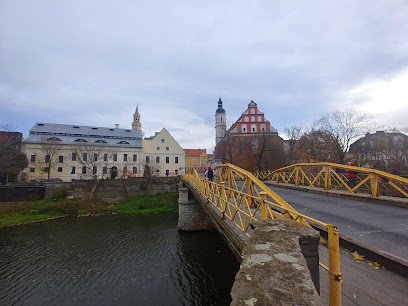
Park Nadodrzański w Opolu
Explore the lush landscapes and recreational offerings of Park Nadodrzański, a serene city park in the heart of Opole, Poland.
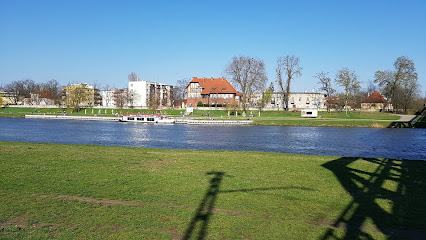
Most Groszowy
Discover the enchanting Most Groszowy Bridge in Opole, where stunning views and architectural beauty await every visitor.
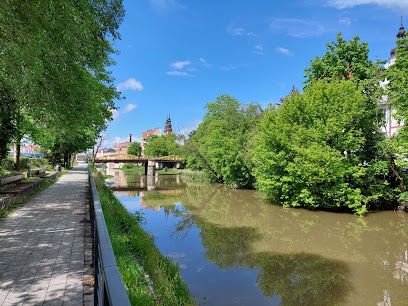
Multimedialna Fontanna na Stawie Zamkowym
Experience the magic of the Multimedialna Fontanna na Stawie Zamkowym in Opole, where water, light, and music create unforgettable moments.
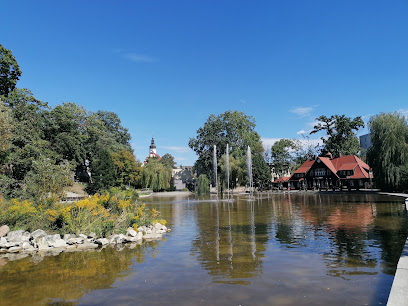
Piast Tower
Explore the Piast Tower, a historical treasure in Opole, offering panoramic views and a glimpse into Poland's rich heritage.
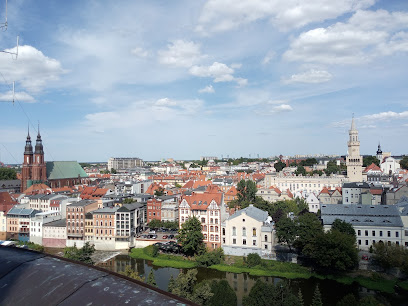
Dock ship Opolanin
Discover the Dock Ship Opolanin, a serene marina in Opole offering breathtaking views, sailing adventures, and delightful local cuisine.
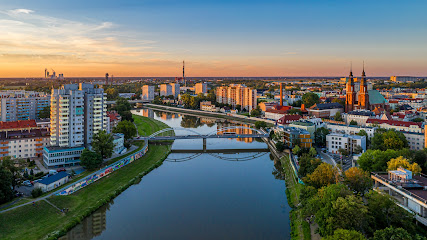
Opole Venice
Discover the beauty of Opole Venice, a picturesque destination with charming canals, vibrant architecture, and rich cultural experiences in the heart of Poland.
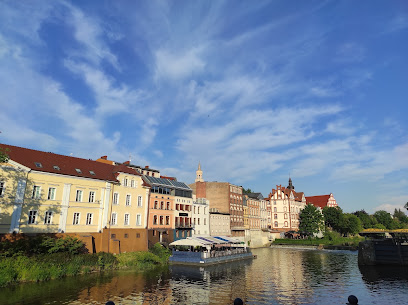
Museum of Opole Silesia
Explore the rich cultural heritage of Silesia at the Museum of Opole Silesia, where history comes alive through engaging exhibits and local art.
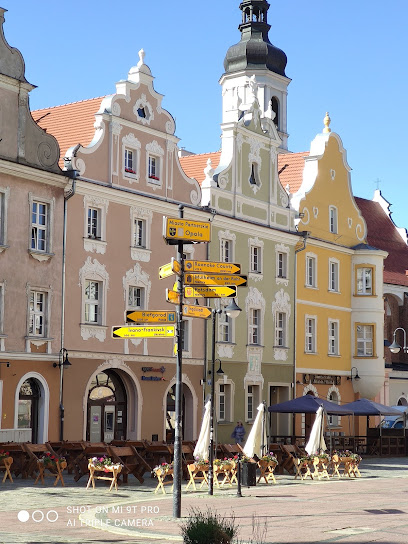
Ceres of Opole
Explore Ceres of Opole, a historical gem in Poland, where culture and nature converge in stunning landscapes and rich heritage.
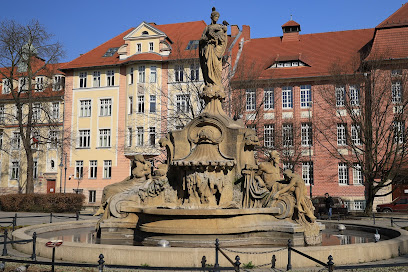
Tenement house
Discover the enchanting Tenement House in Opole, a museum that reveals the city's architectural beauty and rich cultural heritage.
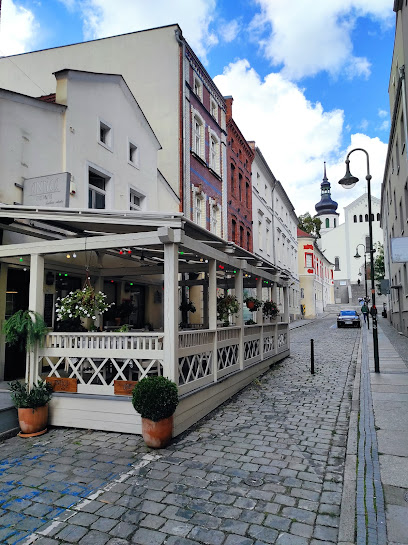
Essential places to dine
Manekin
Discover Manekin in Opole – a delightful crêperie serving exquisite sweet and savory crepes in a cozy atmosphere.
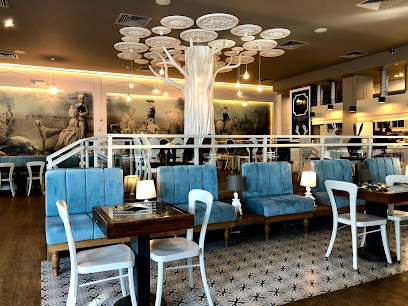
Karczma Bida
Experience authentic Polish cuisine at Karczma Bida in Opole - where tradition meets taste in every delightful dish.
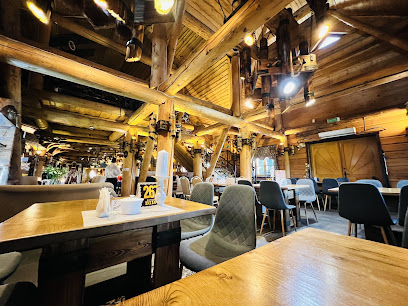
Grabówka
Discover Grabówka in Opole – where delectable crêpes meet cozy dining in an inviting atmosphere.
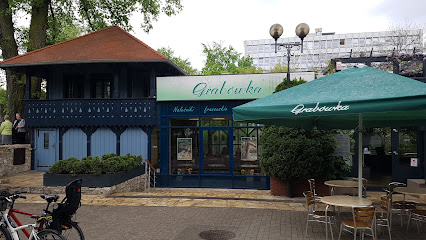
Wintydż
Discover Wintydż in Opole: A delightful brewpub offering craft beers, cocktails, and small plates in a cozy dog-friendly atmosphere.
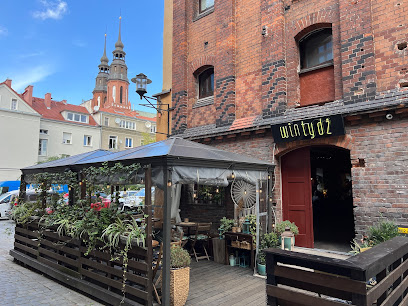
Restauracja Laba
Experience exquisite dining at Restauracja Laba in Opole, where local flavors meet international cuisine in a cozy atmosphere.
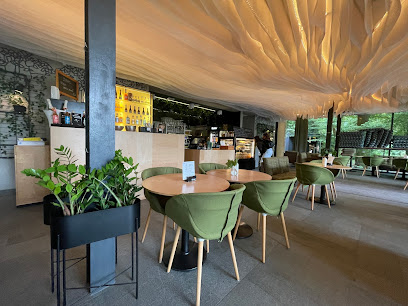
Quchnia. Maksymiak M. Godlewski P.
Experience authentic Polish cuisine at Quchnia in Opole – where tradition meets taste in every delightful dish.
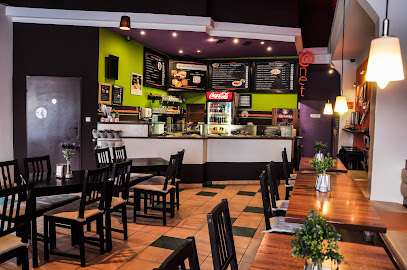
PapaJack
Experience the vibrant flavors of America at PapaJack in Opole - where delicious pizza meets lively pub vibes.
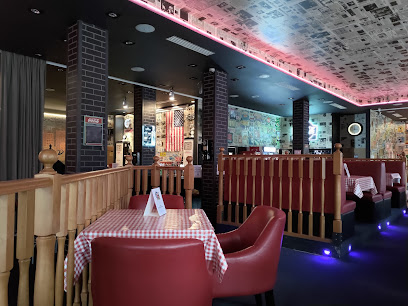
Restauracja Rzymskie Wakacje
Experience authentic Italian flavors at Restauracja Rzymskie Wakacje in Opole - where delicious pizzas and welcoming ambiance await you.
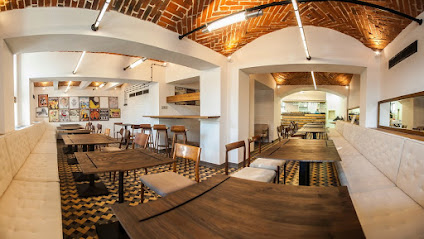
Sushi Bar Kaiseki
Experience authentic Japanese cuisine at Sushi Bar Kaiseki in Opole – where fresh ingredients meet exquisite flavors.
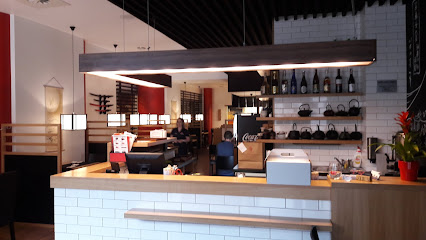
Trattoria Antica
Discover the authentic flavors of Italy at Trattoria Antica in Opole – where every dish tells a story.
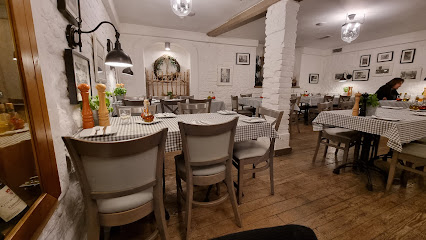
Restauracja Starka
Experience exquisite Polish cuisine at Restauracja Starka in Opole - where tradition meets modern culinary artistry.
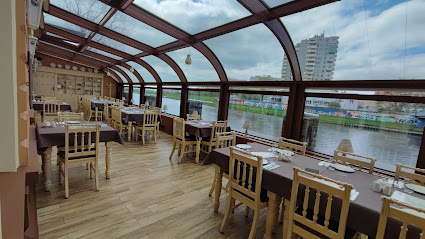
Kofeina 2.0
Discover Kofeina 2.0 in Opole - your go-to spot for exquisite coffee, creative cocktails, and a vibrant atmosphere perfect for any occasion.
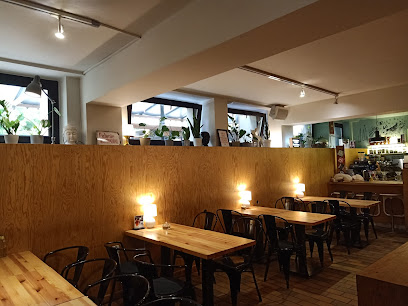
Pub Restauracja Maska- Laboratorium
Discover the perfect fusion of Polish and Italian cuisine at Pub Restauracja Maska - Laboratorium in Opole.
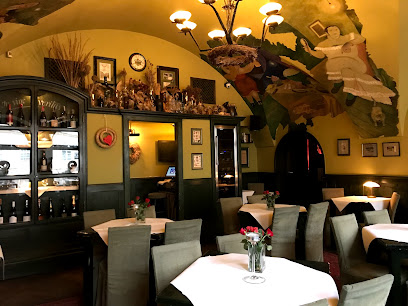
Restauracja Tak Robimy
Experience top-notch American cuisine at Restauracja Tak Robimy in Opole - home of mouthwatering burgers and delightful dishes.
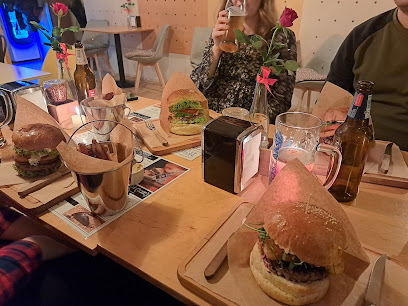
Tulsi
Discover authentic Indian flavors at Tulsi in Opole - where vibrant spices meet exceptional dining experiences.
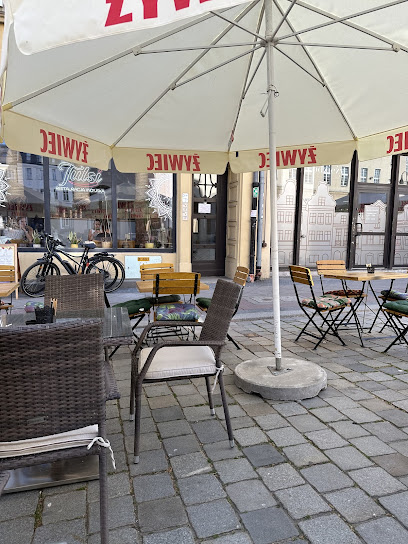
Markets, malls and hidden boutiques
Solaris Center
Explore Solaris Center in Opole for a diverse shopping experience with great dining, entertainment, and a welcoming ambiance.
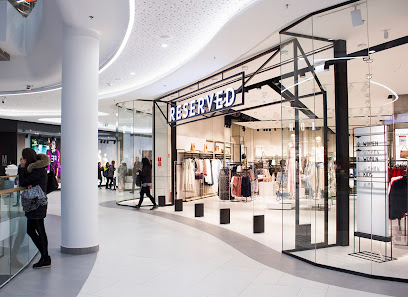
Centrum Handlowe Karolinka
Explore Centrum Handlowe Karolinka, Opole's top shopping mall featuring diverse shops, delightful dining, and fun entertainment for all ages.
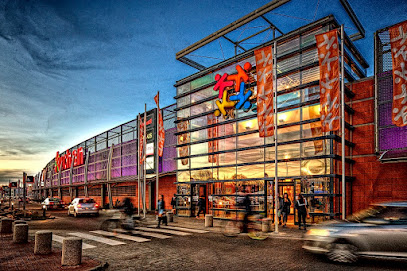
Manekin
Discover the flavors of Manekin in Opole, where delightful crêpes and desserts await in a cozy, inviting atmosphere.
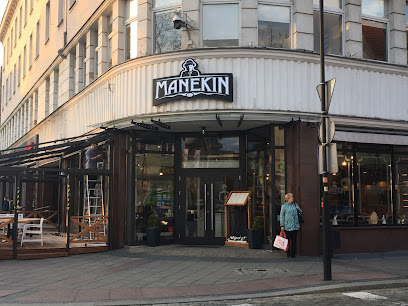
Galeria Opolanin
Discover the vibrant shopping experience at Galeria Opolanin in Opole, where local and international brands await your exploration.
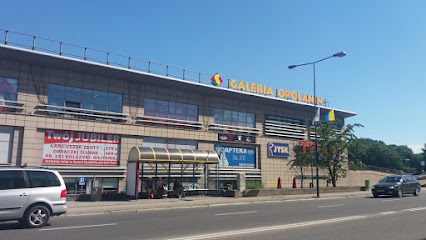
Delikatesy
Discover Delikatesy in Opole, where bakery delights meet café charm and pizza perfection for a unique dining experience.
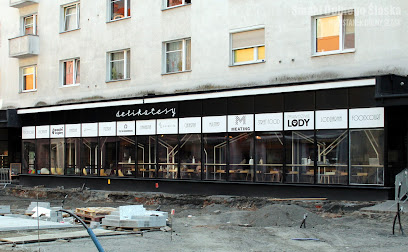
Sopelek Krakowska
Experience the sweet side of Opole at Sopelek Krakowska, where artisanal ice cream and delightful desserts await every visitor.
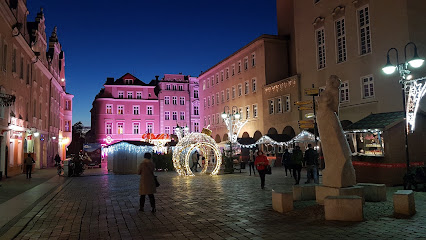
Pożegnanie z Afryką
Discover the sweet flavors of Pożegnanie z Afryką, a must-visit café in Opole offering bubble tea, coffee, and delightful confectioneries.
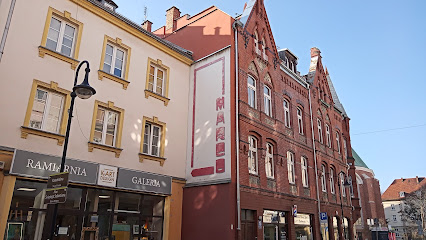
Ozimska Park
Discover Ozimska Park, a vibrant shopping mall in Opole offering a blend of fashion, dining, and entertainment for all visitors.
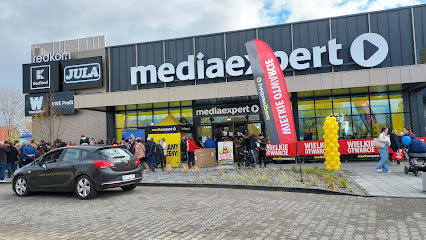
Yatta.pl Opole - sklep z mangą i komiksami
Discover Yatta.pl Opole, the ultimate comic book store for manga lovers, offering a vast selection and a welcoming atmosphere for all visitors.
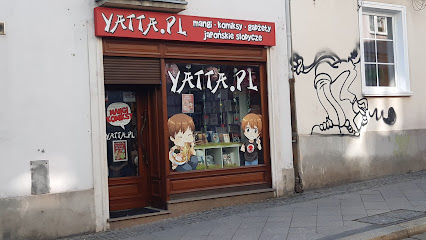
Wytwórnia Pączków
Discover Opole's Wytwórnia Pączków, a delightful donut shop offering a wide variety of fresh pastries in a charming atmosphere.
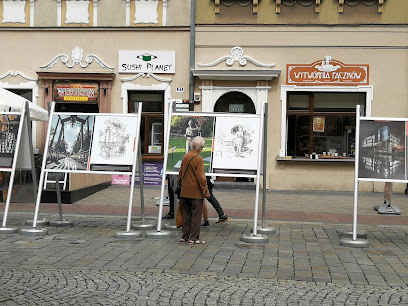
Czekoladowe Niebo
Discover Czekoladowe Niebo in Opole, where exquisite chocolates and delightful ice creams create a sweet retreat for every traveler.
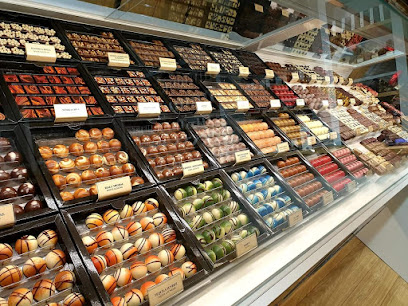
Emma (SDH Za Odrą)- Pasaż Niemodlińska 21
Discover the vibrant Emma Shopping Mall in Opole, a must-visit retail destination featuring diverse shops, dining, and entertainment for every traveler.
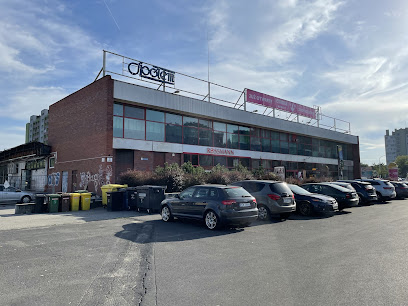
Czyste i Złote
Explore Opole's finest selection of local and international liquors at Czyste i Złote, where quality meets hospitality.
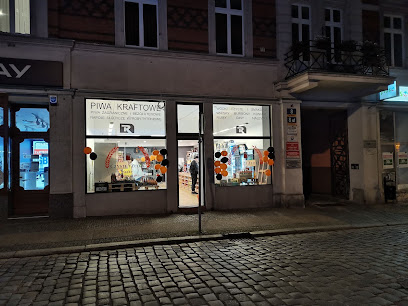
Herbaty Świata Opole
Discover the vibrant world of bubble tea at Herbaty Świata Opole, where flavors meet tradition in a cozy setting.
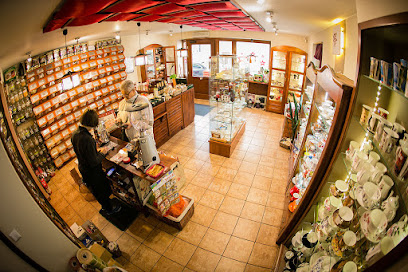
SMOKE SHOP
Explore SMOKE SHOP in Opole for an unparalleled selection of premium smoking products and expert guidance in a welcoming atmosphere.
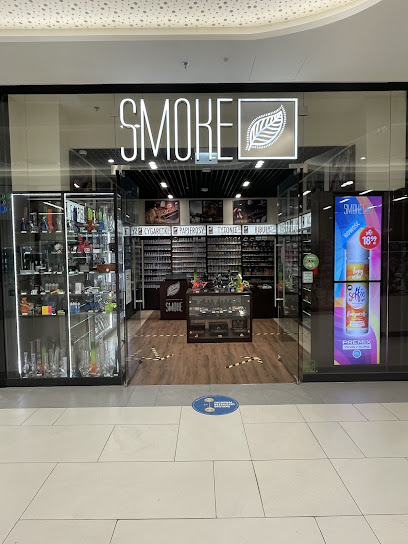
Essential bars & hidden hideouts
Wintydż
Experience the best of Opole at Wintydż, where craft beer meets delicious food in a dog-friendly brewpub setting.
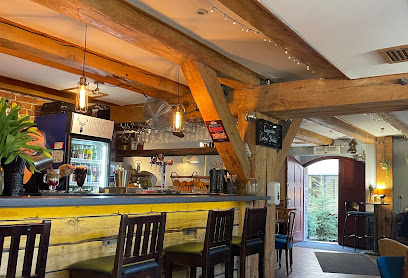
Restauracja & Pub Opole | Maska
Discover the vibrant atmosphere and delicious Polish cuisine at Restauracja & Pub Opole | Maska, the perfect spot for food lovers and nightlife enthusiasts.
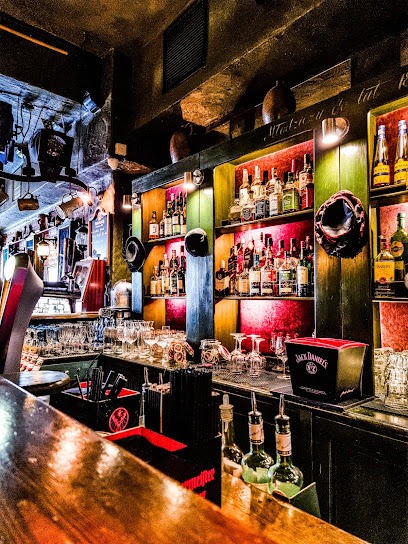
Pub Restauracja Maska- Laboratorium
Discover the perfect blend of Polish and Italian cuisine at Pub Restauracja Maska in Opole, where every meal is a celebration of flavors.
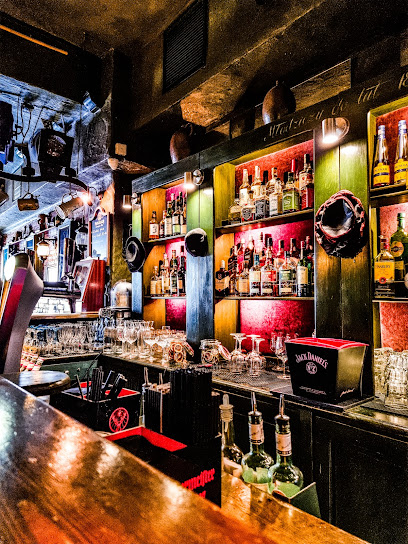
Highlander
Experience the heart of Opole at Highlander, a brewpub offering exquisite craft beers and authentic Polish cuisine in a cozy setting.
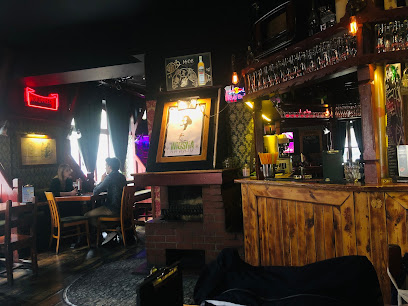
Ministerstwo Śledzia i Wódki
Discover the flavors of Poland at Ministerstwo Śledzia i Wódki, Opole's premier gastropub for herring and vodka lovers.
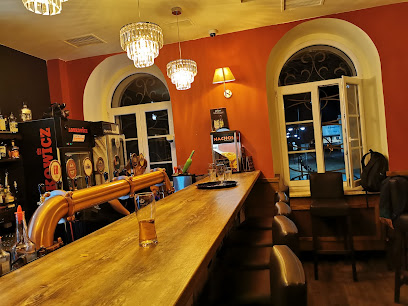
Melon Pub
Experience the vibrant nightlife of Opole at Melon Pub, where drinks flow and good times abound in a lively atmosphere.
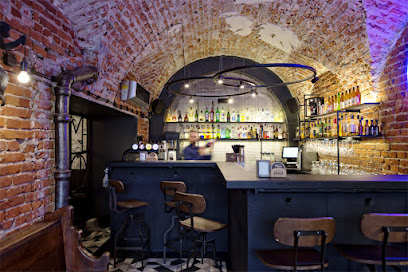
Pijalnia Wódki i Piwa Opole
Experience the essence of Opole at Pijalnia Wódki i Piwa, where local brews meet authentic Polish flavors in a cozy brewpub atmosphere.
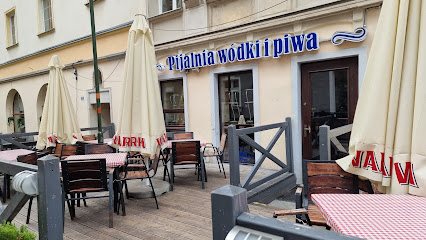
SEPIA
Experience the heart of Opole's brewing culture at SEPIA, where craft beers meet local flavors in a cozy atmosphere.
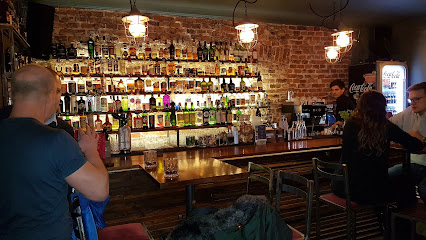
Pub Ostrówek
Experience the best of Polish brewing and delicious pizza at Pub Ostrówek in Opole, where every visit is a culinary delight.
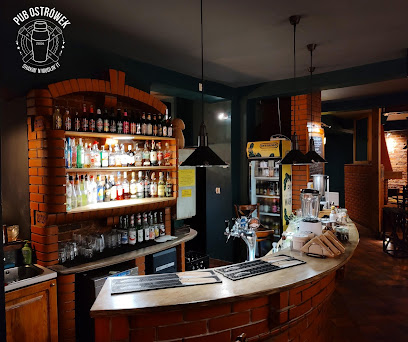
Reset raciborski
Discover the lively heart of Opole at Reset Raciborski, where great drinks and live music create unforgettable memories.
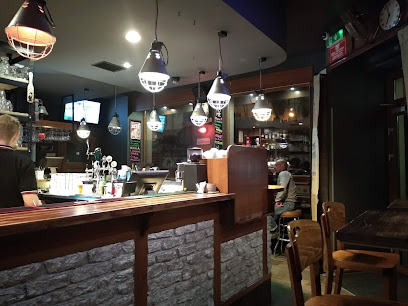
Biały Dzik
Explore the vibrant flavors of Opole at Biały Dzik, a brewpub offering craft beers and delectable small plates in a lively setting.
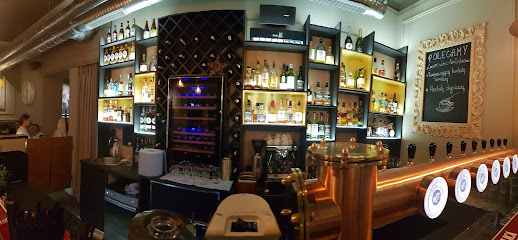
RIS - Beer & Food: Kraftowe Piwo, Burgery, Sałatki, Opole Pub
Discover the vibrant culinary scene of Opole at RIS - Beer & Food, where craft beers and gourmet burgers create unforgettable experiences.
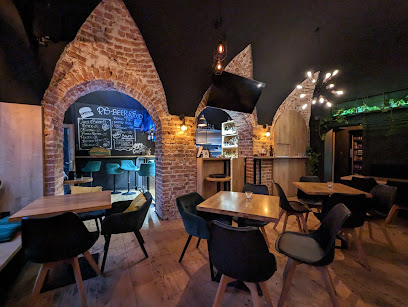
Kill Bill Pub
Discover the vibrant atmosphere and unique craft beers at Kill Bill Pub in Opole, a must-visit brewpub for every traveler.
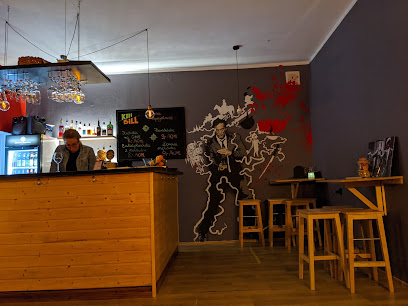
INCOGNITO BAR
Experience the vibrant nightlife of Opole at Incognito Bar, where expertly crafted cocktails and a cozy ambiance await every visitor.
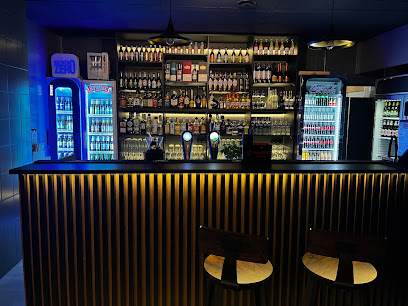
Piwiarnia Staromiejska
Discover the heart of Opole's nightlife at Piwiarnia Staromiejska, your go-to pub for local brews and vibrant atmosphere.
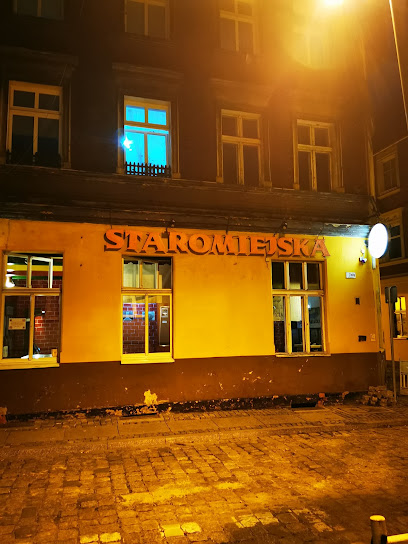
Local Phrases
-
- HelloCześć
[cheh-shch] - GoodbyeDo widzenia
[doh veed-zen-ya] - YesTak
[tahk] - NoNie
[nyeh] - Please/You're welcomeProszę
[proh-sheh] - Thank youDziękuję
[jyen-koo-yeh] - Excuse me/SorryPrzepraszam
[psheh-prah-sham] - How are you?Jak się masz?
[yahk syeh mah-sh] - Fine. And you?Dobrze. A ty?
[doh-bzheh. ah ti] - Do you speak English?Czy mówisz po angielsku?
[chih moo-veesh poh ahng-yehls-koo] - I don't understandNie rozumiem
[nyeh roh-zoo-myem]
- HelloCześć
-
- I'd like to see the menu, pleaseChciałbym zobaczyć menu, proszę
[h-chyah-woom zoh-bah-chich meh-noo, proh-sheh] - I don't eat meatNie jem mięsa
[nyeh yem myen-sah] - Cheers!Na zdrowie!
[nah zdroh-vyeh] - I would like to pay, pleaseChciałbym zapłacić, proszę
[h-chyah-woom zah-plah-cheech, proh-sheh]
- I'd like to see the menu, pleaseChciałbym zobaczyć menu, proszę
-
- Help!Pomoc!
[poh-mohts] - Go away!Idź precz!
[eej prehch] - Call the Police!Zadzwoń po policję!
[zahd-zvoo-oon poh poh-leets-yeh] - Call a doctor!Zadzwoń po lekarza!
[zahd-zvoo-oon poh leh-kah-rzah] - I'm lostZgubiłem się
[zgoo-bee-wem syeh] - I'm illJestem chory
[yeh-stem hoh-ri]
- Help!Pomoc!
-
- I'd like to buy...Chciałbym kupić...
[h-chyah-woom koo-pee-ch] - I'm just lookingTylko się rozglądam
[tih-koh syeh rohz-gwah-dahm] - How much is it?Ile to kosztuje?
[ee-leh toh kohs-too-yeh] - That's too expensiveTo jest za drogie
[toh yest zah droh-gyeh] - Can you lower the price?Czy można obniżyć cenę?
[chih moo-zh-nah ohb-nee-zhch cheh-neh]
- I'd like to buy...Chciałbym kupić...
-
- What time is it?Która jest godzina?
[k-toh-rah yest goh-dzee-nah] - It's one o'clockJest pierwsza
[yest pyehr-vshah] - Half past (10)Pół do dziesiątej
[poow doh dzheh-shoh-neh] - MorningRano
[rah-noh] - AfternoonPopołudnie
[poh-poo-woo-dnyeh] - EveningWieczór
[vyeh-choor] - YesterdayWczoraj
[v-choh-rah-y] - TodayDziś
[jish] - TomorrowJutro
[yoo-troh] - 1Jeden
[yeh-den] - 2Dwa
[dvah] - 3Trzy
[tshih] - 4Cztery
[ch-teh-ri] - 5Pięć
[pyehnch] - 6Sześć
[sheh-shch] - 7Siedem
[syeh-dem] - 8Osiem
[oh-shyem] - 9Dziewięć
[dzyev-nyehch] - 10Dziesięć
[dzheh-shyehch]
- What time is it?Która jest godzina?
-
- Where's a/the...?Gdzie jest ...?
[gdzyeh yest] - What's the address?Jaki jest adres?
[yah-ki yest ah-dresh] - Can you show me (on the map)?Czy możesz mi pokazać (na mapie)?
[chih moo-zhesh mee poh-kah-zahch (nah mah-pyeh)] - When's the next (bus)?Kiedy jest następny (autobus)?
[kyeh-dih yest nah-stehp-nih (ow-toh-boos)] - A ticket (to ....)Bilet (do ....)
[bee-leht (doh)]
- Where's a/the...?Gdzie jest ...?
History of Opole
-
Opole, one of the oldest cities in Poland, traces its origins back to the 8th century. It was established as a Slavic settlement and soon became a significant center of trade and craftsmanship. The strategic location along the Oder River facilitated commerce and interaction with various tribes and regions.
-
During the 10th century, Opole became part of the emerging Polish state under the Piast dynasty. The city flourished under the rule of Duke Bolesław I the Brave, who incorporated it into the Duchy of Opole. This period marked the beginning of Opole's importance as a political and economic hub in the region.
-
In the 13th century, Opole received its city rights, which accelerated its development. The construction of defensive walls and the establishment of a market square solidified its status as a key urban center. The city also saw the rise of important religious institutions, including churches and monasteries.
-
In the 16th century, Opole, along with much of Silesia, fell under Habsburg control. This era brought significant cultural and architectural changes, as well as the introduction of Baroque styles. The Jesuit College, established in the early 17th century, became a prominent educational institution in the region.
-
Opole came under Prussian rule in the 18th century following the Silesian Wars. The city experienced industrial growth and modernization during this period. The construction of railways and the development of manufacturing industries transformed Opole into an important economic center.
-
World War II had a profound impact on Opole. The city suffered significant damage during the conflict, and its population faced hardships under Nazi occupation. Following the war, Opole was incorporated into Poland, and a period of reconstruction began, with efforts to restore its historical landmarks and infrastructure.
-
In the post-war era, Opole became known for its cultural contributions, particularly in the field of music. The National Festival of Polish Song (Krajowy Festiwal Piosenki Polskiej) was established in 1963 and has since become a major annual event, celebrating Polish music and artists.
-
Today, Opole is a vibrant city that blends its rich historical heritage with modern development. It is home to numerous cultural institutions, including museums, theaters, and galleries. The city's historical architecture, such as the Piast Tower and the Gothic Church of St. Adalbert, attracts tourists from around the world.
Opole Essentials
-
Opole is well-connected to major cities in Poland and Europe. The nearest international airport is Katowice Airport (KTW), approximately 100 kilometers away. From the airport, you can take a bus, train, or taxi to Opole. Alternatively, you can fly into Wrocław Airport (WRO), which is about 120 kilometers from Opole. Both airports offer shuttle services to Opole. For those traveling by train, Opole Główne is the main railway station, with frequent connections to cities like Warsaw, Kraków, and Wrocław.
-
Opole has an efficient public transportation system, including buses and trams. Tickets can be purchased at kiosks, ticket machines, or via a mobile app. Taxis are also readily available and can be hailed on the street or booked through apps like Uber. For a more eco-friendly option, consider renting a bike; the city has a well-developed network of bike lanes. Walking is also a pleasant way to explore the compact city center.
-
The official currency in Poland is the Polish Zloty (PLN). Credit cards are widely accepted in hotels, restaurants, and shops. ATMs are plentiful, and you can withdraw cash using international debit or credit cards. It's advisable to carry some cash, especially when visiting smaller establishments or markets where card payments may not be accepted.
-
Opole is generally a safe city for tourists. However, like any urban area, it's advisable to take standard precautions. Avoid poorly lit areas at night and be cautious of pickpockets in crowded places. The city center and tourist areas are generally safe, but exercise vigilance in less populated neighborhoods. Always keep an eye on your belongings and avoid displaying valuables.
-
In case of an emergency, dial 112 for immediate assistance. This number can be used for police, fire, and medical emergencies. The local police station is located at ul. Książąt Opolskich 26. Opole has several hospitals and clinics, including the University Clinical Hospital at ul. Witolda 6. Pharmacies are widely available and can provide over-the-counter medications. It's recommended to have travel insurance that covers medical emergencies.
-
Fashion: Do dress smart-casual when dining out or attending events. Avoid overly casual or revealing clothing. Religion: Do be respectful when visiting religious sites. Cover your head and shoulders when entering churches. Public Transport: Do validate your ticket immediately upon boarding. Don't speak loudly or eat on public transport. Greetings: Do greet people with a firm handshake. A simple 'Dzień dobry' (Good day) is a polite way to start a conversation. Eating & Drinking: Do try local dishes like pierogi and kielbasa. Don't leave food on your plate; it's considered wasteful.
-
To experience Opole like a local, visit the local markets such as the Opole Market Square, where you can buy fresh produce and traditional Polish goods. Attend cultural events like the National Festival of Polish Song, which takes place annually in June. Take a stroll along the Odra River or visit the Opole Zoo. Engage with locals; they are usually friendly and willing to share insights about the city's history and culture.
Trending Landmark in Opole
-
Opole Zoo
-
National Centre of Polish Song
-
Opole Village Museum
-
Rynek Główny w Opolu
-
Museum of Polish Songs
-
Most Groszowy
-
Piast Tower
-
Opole Venice
-
Pyszne Historie
-
Monument fighters Polishness of the Opole
-
Museum of Opole Silesia
-
Zamek Górny w Opolu
-
Tenement house
-
Muzeum Diecezjalne w Opolu
-
Brońmy Swego Opolskiego
Nearby Cities to Opole
-
Things To Do in Gliwice
-
Things To Do in Wroclaw
-
Things To Do in Czestochowa
-
Things To Do in Ostrava
-
Things To Do in Bielsko-Biala
-
Things To Do in Olomouc
-
Things To Do in Hradec Králové
-
Things To Do in Krakow
-
Things To Do in Lodz
-
Things To Do in Žilina
-
Things To Do in Brno
-
Things To Do in Kielce
-
Things To Do in Martin
-
Things To Do in Trenčín
-
Things To Do in Kutná Hora











